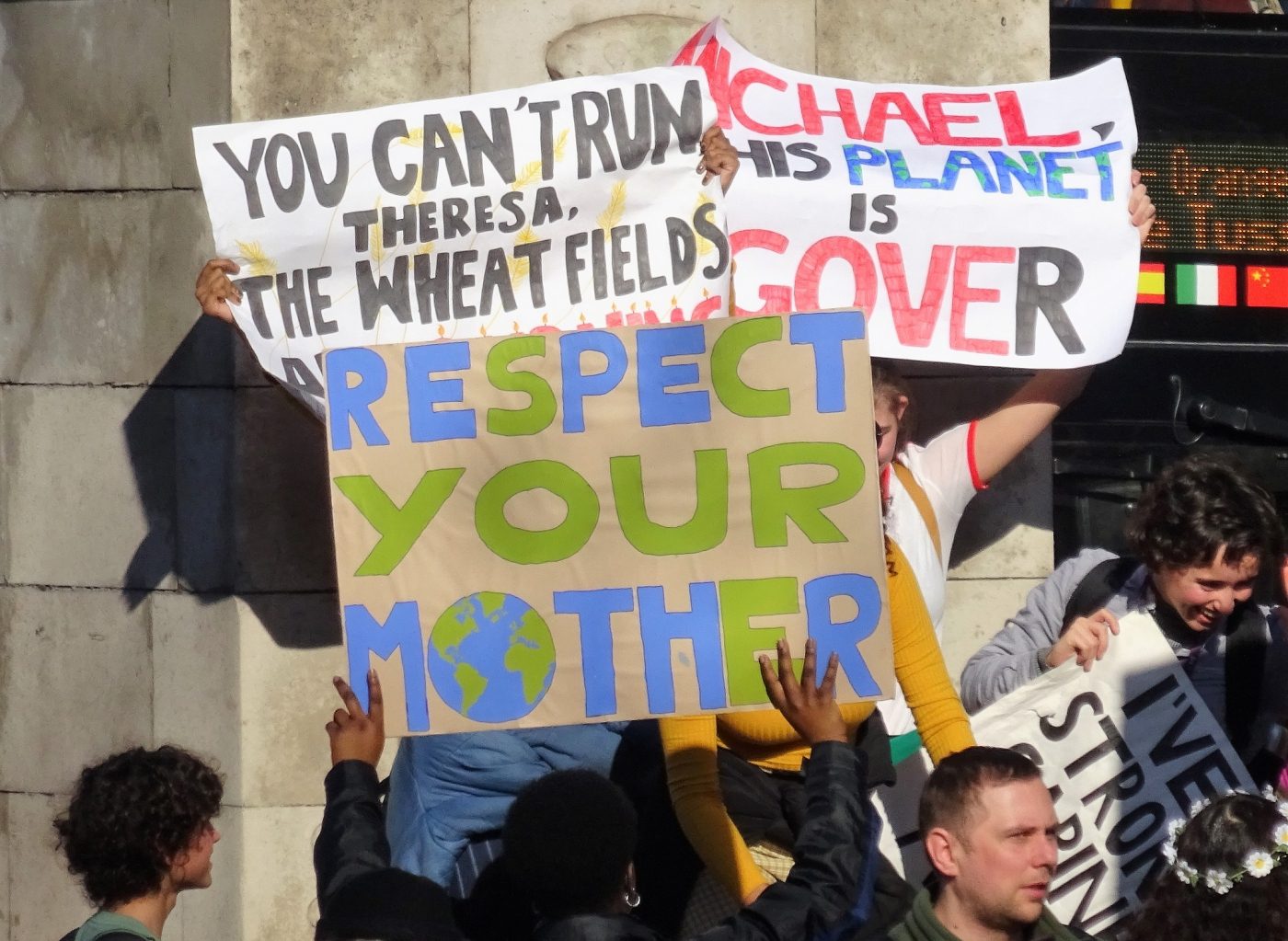Sun, strikes and suspicious parents
The school strikes prove that climate action needs young people
14 March 2019
My generation has started adult life facing high levels of student debt and an unaffordable housing market. For Generation Z, growing up under the shadow of austerity, and facing poor health outcomes, these problems are exacerbated. Intergenerational inequality is a feature of life in the UK. But perhaps the most shocking inequality of all is the fact that young people are being left to deal with the fallout of our fossil fuel addiction, entrenched by generations before us.
Climate change has a massive generational dimension: over time the effects of climate breakdown will become more extreme, and it is young people who will have to live through it. Young people across the world have seen those in positions of authority fail to take the risks to their future seriously, and are they going on strike. Tomorrow, thousands of UK students will ditch the classroom to join the global youth strikes taking place in over 70 countries. This follows a strike last month (where we saw the UK experience its hottest winter day ever) when as many as 10,000 young people protested in over 60 towns and cities across the UK.

We know that any attempt to stay within climate targets agreed in Paris requires radical climate action, fast. At NEF, we are working towards a just transition to a green economy. The student strikes show that these radical solutions have to be fair for younger and future generations. To tackle the climate crisis in way that centers on intergenerational fairness, policymakers need to consider three things.
First, that intergenerational inequity is an intersectional problem: young people’s experiences and prospects in the UK still vary widely depending on race, class, gender and geography. Fixing the climate crisis requires system change on a massive scale. We must design a new system that works for everyone, rather than accidentally deepening existing structural inequalities.
Second, that a just transition for our generation has to be sustainable in the long run. More people than ever are employed in bad jobs, and while my generation has grown up with the advantages of modern technology, we are acutely aware that the same technology puts the future of our work at risk, from the rise of the gig economy to automation. Radical climate policy has to take the threats of automation seriously, creating secure green jobs that are expected to last.
Finally, that policies can only work if they genuinely build on the voices and visions of young people. After all, we will be living in the economy that they shape. In the US, the youngest ever congresswoman, Alexandria Ocasio-Cortez, has worked with the youth-led Sunrise Movement to present a Green New Deal that promises a transformative programme of change for the economy and the environment. Our government would do well to take the striking students’ concerns seriously, to act fast, and to invite young people to the table when designing policy. Student climate activist Greta Thunberg says, “we are only seeing the beginning. I think that change is on the horizon”. Until this happens, the student strikers might be here to stay.
Image: David Holt (CC BY-NC-ND 2.0)
Topics Climate change Environment






